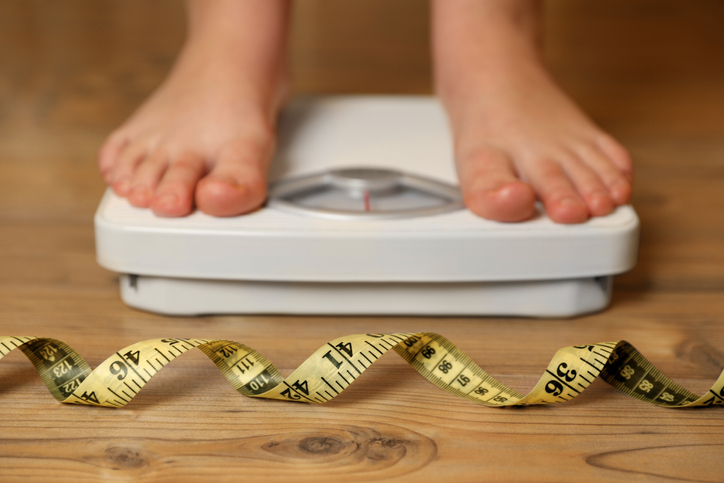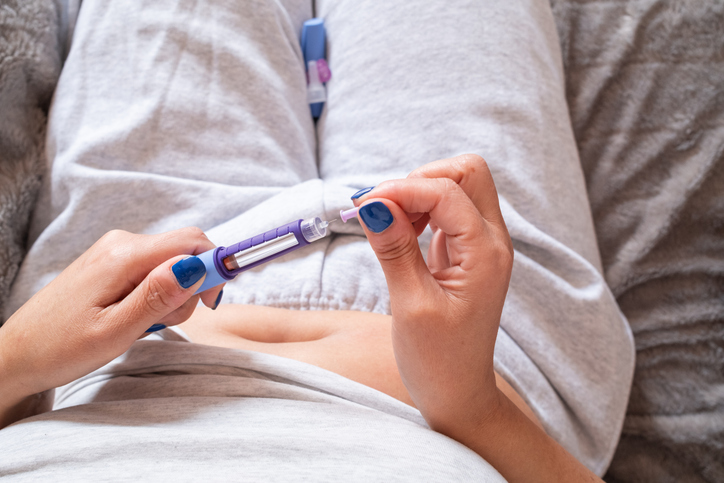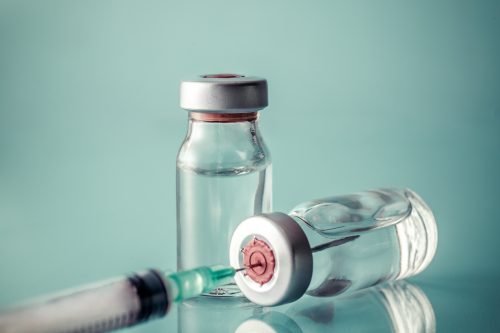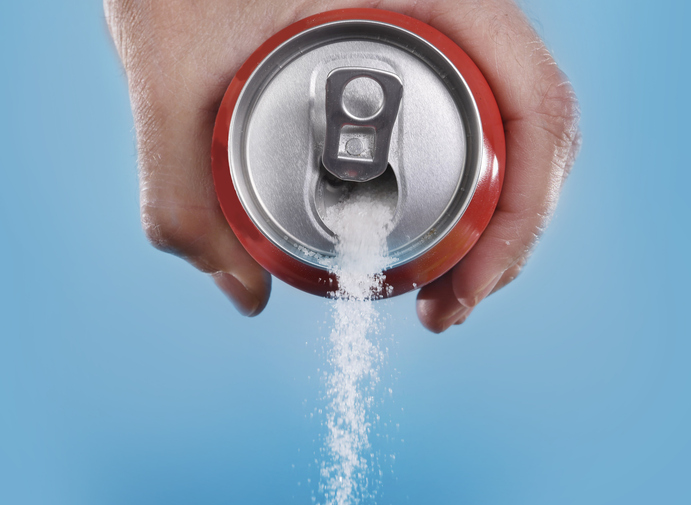
A recent study discovered an accurate way to test newborns for their genetic risk of developing type 1 diabetes.
“Previously generated genetic risk scores (GRSs) for type 1 diabetes (T1D) have not captured all known information at non-HLA loci or, particularly, at HLA risk loci,” the authors wrote. Their goal, therefore, was to develop an improved GRS that took into account HLA alleles, how they interact, and non-HLA loci.
RT @LaurenceVick: Scientists at @ExeterMed @UofE_Research have designed a new genetic ‘risk calculator’ to improve spotting newborns at high risk of developing #Type1diabetes. Find out more: https://t.co/O8EF6owvep @DiabetesUK @EnableLaw
— Research at Exeter (@UofE_Research) January 21, 2019
Researchers used the Type 1 Diabetes Genetics Consortium to compare 6,481 case patients with 9,247 controls. They called their new GRS the T1D GRS2 and compared it with previous scores. Researchers used the UK Biobank to confirm their findings.
Honored to have been given the opportunity to work on this genetic risk score aimed at revolutionizing the way we diagnose diabetes. This will help selecting newborns at risk for type 1 diabetes to initiate preventative immunotherapies, and also help correctly diagnose adults. https://t.co/fgjZ2498X3
— Diabetes and Endocrine Specialists (@EndocrinologyMD) January 18, 2019
The new scoring method used 67 single nucleotide polymorphisms (SNPs) and evaluated 18 HLA DR-DQ haplotype variations. Researchers found their new GRS was “highly discriminative” in all cases of type 1 diabetes (area under the curve [AUC] 0.92; P < 0.0001 vs. older scores) and performed even better for early-onset T1D (AUC 0.96). Simulated newborn screening tests found that the T1D GRS2 had almost double the efficiency of HLA genotyping on its own, performing twice as well as current genetic scores for predicting T1D in the general population.
New genetic test better at spotting risk of Type 1 diabetes in newborns, our research shows https://t.co/33o3sVqwnW
Exciting research news!!— Allie Birch (@AllieBirchRD) January 18, 2019
Can a genetic risk score be used in for type 1 diabetes newborn screening and diagnosis? Via @ADA_Journals Diabetes Care. https://t.co/GKwfbgf2Ht pic.twitter.com/WUFr7BGoMJ
— Muin J. Khoury (@MuinJKhoury) January 19, 2019
“Gathering all this genetic information together allows the test to perform better,” said study author William Hagopian, MD, PhD, of the Pacific Northwest Research Institute in Seattle, in a press release. “This makes prediction of type 1 diabetes among all children much more affordable in public health settings. Parents can be warned to watch for early symptoms to avoid [hospitalization] for life-threatening complications. Kids with the greatest future risk can get access to research trials to develop ways to delay or prevent progression to clinical diabetes.”
Improved T1 diabetes genetic risk score using 67 SNPs & 18 HLA haplotypes . by @SethASharp @mnweedon @RAOram #exeterdiabetes Will improve efficiency of prevention trials by increasing number of incident cases per $| Diabetes Care https://t.co/OS2XUNtiWj
— Tim Frayling (@timfrayling) January 18, 2019
The study authors wrote: “An improved T1D GRS, the T1D GRS2, is highly useful for classifying adult incident diabetes type and improving newborn screening. Given the cost-effectiveness of SNP genotyping, this approach has great clinical and research potential in T1D.”
Cannabis Increases Risk of Ketoacidosis in Type 1 Diabetes Patients
Study: Metformin Improves Cardiovascular Outcomes in Type 1 Diabetes Patients
The impact of type 1 diabetes on neural activity serving attention
Source: Diabetes Care







 © 2025 Mashup Media, LLC, a Formedics Property. All Rights Reserved.
© 2025 Mashup Media, LLC, a Formedics Property. All Rights Reserved.